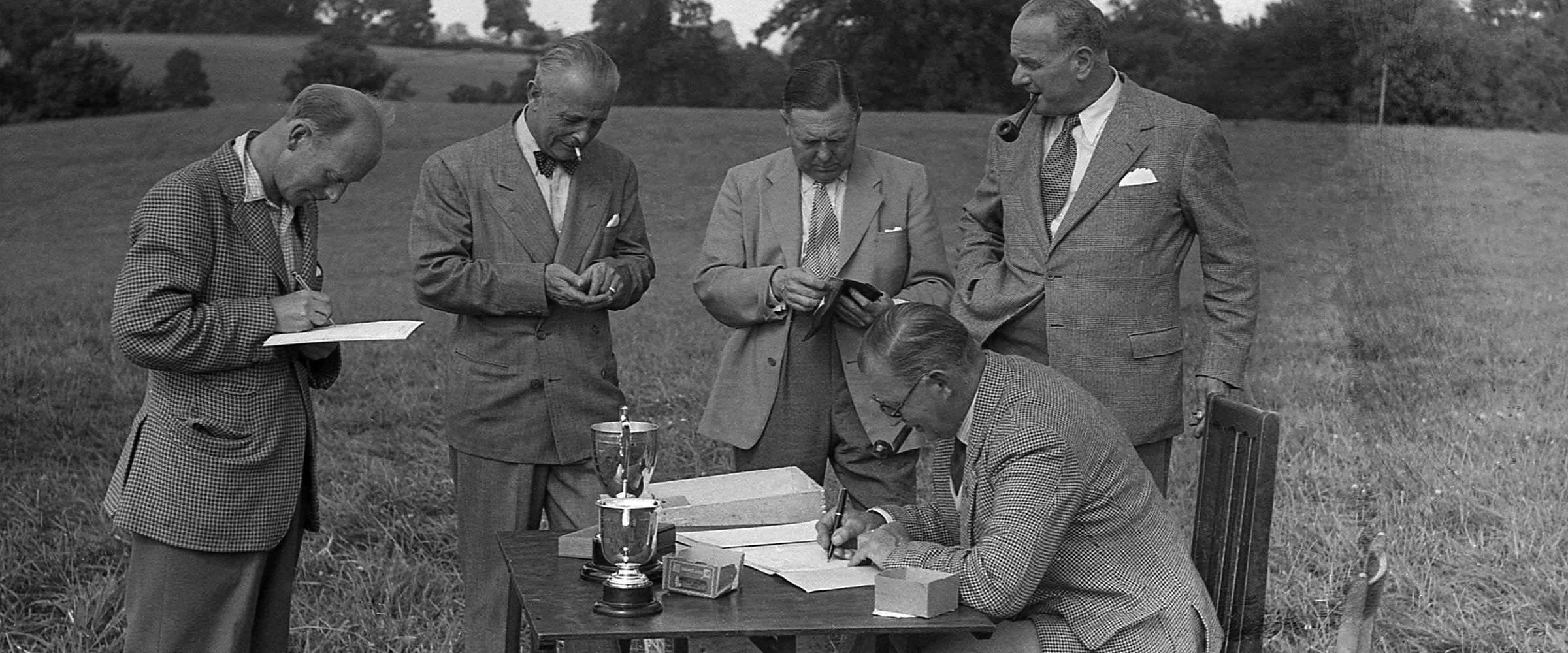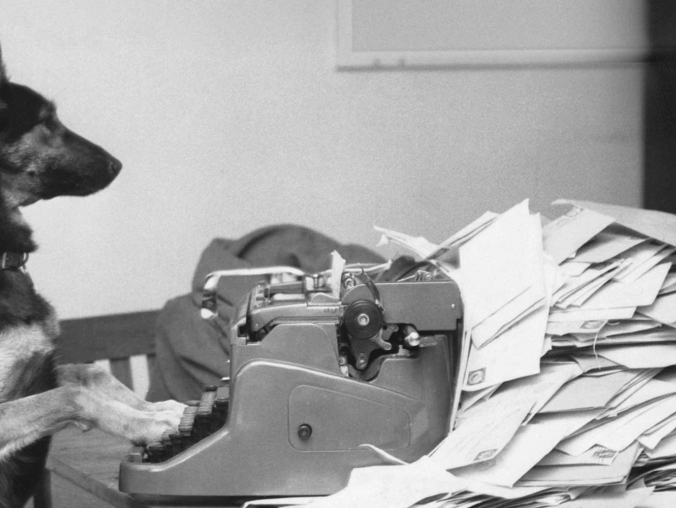

How much do you know about your credit score?
If you want to be accepted for credit, whether it’s a credit card or a loan, your credit score really matters. Take our quiz to find out how much you know about yours
Lenders use your credit record to help decide if they’ll give you a loan or credit, how much they’ll lend you and how much interest they’ll charge you. So if you’re looking to take out a credit or store card, a loan or mortgage or any other type of credit, the better your credit record the more chance you have of getting a good deal.
Take our quiz to test your knowledge about your credit score and report.
Correct! Your credit score is made up using information about your credit history.
When you apply for credit, the lender will get a credit report on you from a credit reference agency. They’ll look at this along with your application to work out a credit score for you.

Wrong! Actually, your credit score is calculated using information about how you’ve used credit in the past.
When you apply for credit, the lender will get a credit report on you from a credit reference agency. They’ll look at this along with your application to work out a credit score for you.

How did you do?
Wrong! Many people think there’s only one, but there are actually three main credit reference agencies in the UK and each of these will have a credit report on you. The agencies are Experian, Equifax and Callcredit.

Correct! There are three main credit reference agencies in the UK and each of these will have a credit report on you. The agencies are Experian, Equifax and Callcredit.

How did you do?
Wrong! Your credit report doesn’t include details about your salary, religion or any criminal record you may have. However it does show:
- Your name, date of birth, current and previous addresses.
- Any credit you have, such as bank or credit card accounts, loans and utility bills. Any missed or late repayments will also be shown.
- Details of anyone you’re financially linked to, such as anyone you’ve taken out a joint loan with.
- Any County Court Judgments (CCJs) – in Scotland, this is called a Decree.
- If you’ve had your home repossessed, been made bankrupt or had any individual voluntary arrangements. These stay on your report for at least six years.
- If you have a bank overdraft.
- If you’re on the electoral register.
- If you’ve committed fraud.

Correct! Your credit report doesn’t include details about your salary, religion or any criminal record you may have. However it does show:
- Your name, date of birth, current and previous addresses.
- Any credit you have, such as bank or credit card accounts, loans and utility bills. Any missed or late repayments will also be shown.
- Details of anyone you’re financially linked to, such as anyone you’ve taken out a joint loan with.
- Any County Court Judgments (CCJs) – in Scotland, this is called a Decree.
- If you’ve had your home repossessed, been made bankrupt or had any individual voluntary arrangements. These stay on your report for at least six years.
- If you have a bank overdraft.
- If you’re on the electoral register.
- If you’ve committed fraud.

How did you do?
Wrong! While employers and landlords can check your credit report, they’ll usually only see public record information such as your details on the electoral register, whether you’ve been insolvent and whether you have any CCJs against you.
Utility companies, insurance providers and mobile phone companies may also check your record if you want credit from them, rather than paying upfront.

Correct! Employers and landlords are able to check your credit report, but they’ll usually only see public record information such as your details on the electoral register, whether you’ve been insolvent and whether you have any CCJs against you.
Utility companies, insurance providers and mobile phone companies may also check your record if you want credit from them, rather than paying upfront.

How did you do?
Wrong! Credit reference agencies do have to supply you with a copy of your credit report if you request one, but it costs £2.
It’s often worth getting a copy from all three of the main agencies if you’ve not applied for credit before or haven’t checked your credit record recently. This is because each agency may hold different information on you. You can get your £2 report from Equifax, Experian or Callcredit either online or by post.
Noddle (which is owned by Callcredit), ClearScore and the Money Saving Expert Credit Club (which both base their service on Equifax) offer access to your credit report for free. They provide the same details as in your full credit report, but there can be a two-month delay in information being updated on the free sites.

Correct! It costs £2 if you’ve requested a credit reference agency to supply you with a copy of your credit report.
It’s often worth getting a copy from all three of the main agencies if you’ve not applied for credit before or haven’t checked your credit record recently. This is because each agency may hold different information on you. You can get your £2 report from Equifax, Experian or Callcredit either online or by post.
Noddle (which is owned by Callcredit), ClearScore and the Money Saving Expert Credit Club (which both base their service on Equifax) offer access to your credit report for free. They provide the same details as in your full credit report, but there can be a two-month delay in information being updated on the free sites.

How did you do?
Correct! If you find any mistakes on your credit report you can have them corrected.
Contact the company that recorded the information, such as a loan or credit card firm, and ask them to contact the credit reference agency and correct the mistake. If you’re unable to resolve the problem, you can contact the Information Commissioner’s Office, which is responsible for ensuring that information held about you is handled properly.

Wrong! Actually, you can change the information in your credit report if you find any mistakes.
Contact the company that recorded the information, such as a loan or credit card firm, and ask them to contact the credit reference agency and correct the mistake. If you’re unable to resolve the problem, you can contact the Information Commissioner’s Office, which is responsible for ensuring that information held about you is handled properly.

How did you do?
Correct! Make sure you’re on the electoral register as this will boost your credit rating. You can check if you are registered to vote with The Electoral Commission.
There are a few other things you can do to make your score is as high as possible:
- Make sure the information on any of your loan or credit applications is complete and accurate. Also ensure any information credit reference agencies hold on you, is complete and accurate.
- Pay your bills on time.
- Have as much relevant information as possible on your credit report. Lenders want to see how you’ve handled credit in the past, so if you have little or no credit history this can result in a lower credit rating. Also, the longer you’ve been at your address, with your bank and in your job, the better your credit rating is likely to be.
- Remove people you’re no longer linked to financially, as well as addresses you shouldn’t be linked to, from your credit report.

Wrong! There’s no easy way to boost your credit rating but there are things you can do to make your score as high as possible and being on the electoral register is one of them. You can check if you are registered to vote with The Electoral Commission.
You can also improve your rating by:
- Making sure the information in any of your loan or credit applications, and with your credit reference agency, is complete and accurate. Discrepancies can lower your rating and make it less likely for you to get credit.
- Paying your bills on time.
- Having as much relevant information as possible on your credit report. Lenders want to see how you’ve handled credit in the past, so if you have little or no credit history this can result in a lower credit rating. Also, the longer you’ve been at your address, with your bank and in your job, the better your credit rating is likely to be.
- Removing people you’re no longer linked to financially, as well as addresses you shouldn’t be linked to, from your credit report.

How did you do?
Whether you’re a credit score expert or there’s room for improvement, it’s always worth keeping up to date on your credit knowledge as it could pay off in the long run.
There’s plenty of information about checking and improving your credit score on the Money Advice Service website, or you can visit Experian to check what your score means when it comes to applying for credit.
You can check your credit score for free at Experian, Equifax and Callcredit.
More for you

Our People Promise
Some of our colleagues explain how the ‘People Promise’ helps them to deliver the best experiences and outcomes for customers and members
MORE
Royal London Foundation: Proud & Loud Arts
Your nominations for the Royal London Foundation help organisations like Proud & Loud Arts, a user-led performing arts charity, to keep doing great work in your local communities
MORE
Your Q3 2018 outlook
Trevor Greetham, Head of Multi Asset Investments at Royal London, explains how the slowing global economy, alongside rising inflation and interest rates, could impact your money in Q3 2018
MORE


